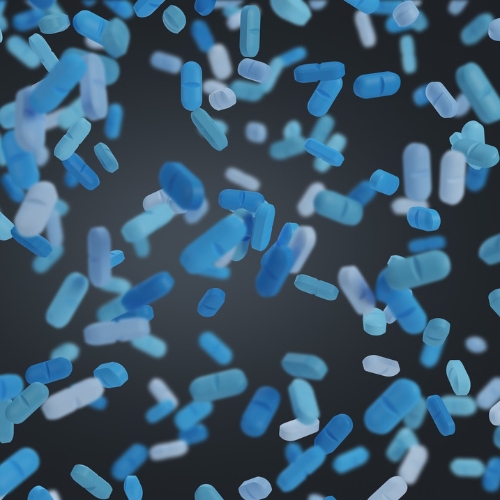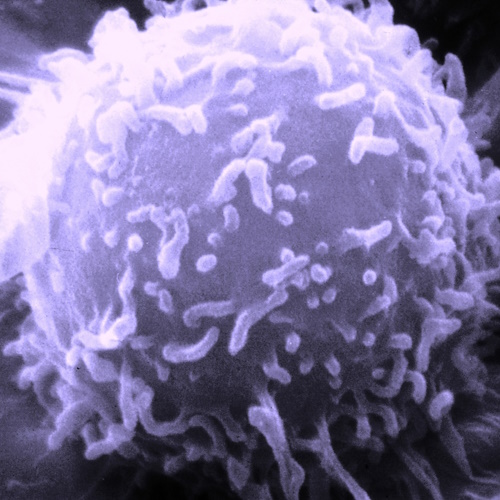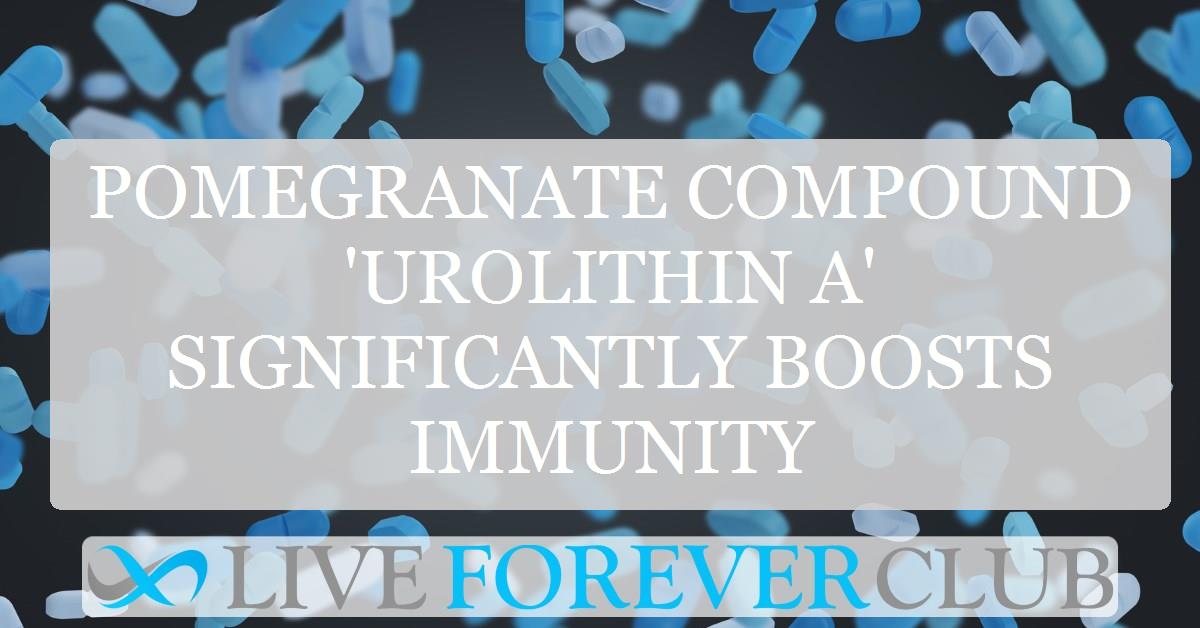In the ongoing exploration for methods to enhance immune function, recent research has revealed the considerable potential of Urolithin A (UA), a postbiotic derived from the metabolism of dietary compounds by gut bacteria. This novel study delves into the mechanisms behind UA's influence on immune health, specifically highlighting its positive effects on mitochondrial function and immune cell activity.
By improving mitochondrial health, UA may play a crucial role in promoting the overall efficiency and responsiveness of the immune system, offering potential therapeutic applications for various immune-related conditions. This article further examines the study's comprehensive findings and discusses the implications for future research and development in immune system modulation.
Role of mitochondria in immune health
Mitochondria generate the energy required for essential cellular functions. As we age, their efficiency diminishes, leading to mitochondrial dysfunction. This decline disrupts the normal cellular processes and can cause chronic inflammation.
Furthermore, the reduced efficiency of mitochondria weakens the immune system, making it less effective in combating infections and diseases. The combination of chronic inflammation and a compromised immune system significantly contributes to the development of various age-related diseases, including cancer.
Mitochondrial dysfunction also affects the ability of cells to undergo normal repair and maintenance, exacerbating the aging process and increasing vulnerability to disease.
Therefore, maintaining mitochondrial health is crucial for sustaining overall cellular health and preventing the onset of chronic diseases associated with aging.
Urolithin A: A Promising Postbiotic
Urolithin A (UA) shows potential as a beneficial supplement. It is derived from dietary polyphenols found in pomegranates. UA has been recognized for its ability to enhance muscle function in older adults.
Recent studies indicate that UA can also induce mitophagy. Mitophagy is the process through which cells remove damaged mitochondria, ensuring the maintenance of healthy mitochondria within the cell.
By promoting mitophagy, UA supports the formation of healthy T memory stem cells. These cells are crucial for a robust immune response, as they help the immune system remember and respond more effectively to previous infections.
This ability of UA to improve both muscle function and immune cell health makes it a promising candidate for further research and potential therapeutic use.
MitoIMMUNE study
The MitoIMMUNE study was designed to investigate the effects of Urolithin A (UA) on the human immune system. This rigorous, double-blind, placebo-controlled trial included 50 healthy participants aged between 45 and 70 years. Participants were randomly assigned to receive either a 1000mg dose of UA or a placebo daily for a duration of 28 days.
To ensure the reliability of the results, the researchers implemented strict exclusion criteria. They excluded individuals with prior medical conditions, those with a Body Mass Index (BMI) over 35kg/m², smokers, and individuals taking prescription medication or other dietary supplements. This careful selection helped eliminate confounding factors that could influence the outcomes.
The primary endpoints of the study were to observe changes in peripheral CD3+ cells and to assess alterations in mitochondrial activity within specific immune cell populations. CD3+ cells are a critical component of the immune system, encompassing all T cells, which are essential for immune responses. By examining these cells, the researchers aimed to understand how UA affects overall immune function.
Additionally, the study focused on mitochondrial activity in various immune cell types. Mitochondrial health is vital for the proper functioning of immune cells, as it influences their energy production and ability to respond to infections. By assessing changes in mitochondrial activity, the researchers could gauge the impact of UA on cellular energy and immune efficiency.
Key findings
Safety and Tolerability
UA intake proved safe and well-tolerated among the participants. No significant adverse effects were reported, establishing UA as a viable supplement for further research.
Immune Cell Expansion
The study observed a notable expansion in total peripheral lymphocytes and circulating natural killer (NK) cells in the UA group. This finding suggests that UA supplementation can enhance immune cell proliferation.
Mitochondrial Health
Participants in the UA group displayed increased mitochondrial mass in their CD8+ cells. These cells also exhibited a naive phenotype and expressed higher levels of Ki67, a marker of cell proliferation. Enhanced mitochondrial health is crucial for robust immune function, highlighting UA's potential in this area.
Reduced Inflammation
UA intake led to a less inflammatory signature in circulating monocytes. Additionally, plasma levels of several proinflammatory cytokines were reduced. This anti-inflammatory effect could have significant implications for aging and age-related diseases.
Implications for Aging and Cancer
The study's findings reveal that UA may have the ability to fundamentally reshape the immune system, potentially counteracting the effects of immune aging and dysfunction.
This immune remodeling could have significant implications for cancer treatment, as it may improve the effectiveness of immunotherapy by bolstering the immune system's response to cancerous cells. By rejuvenating and enhancing immune function, UA could pave the way for new therapeutic avenues to address both age-related immune decline and cancer immunotherapy resistance.
The MitoIMMUNE study lays the groundwork for future research. Confirmatory studies are needed to validate these findings and explore the combination of UA with cancer immunotherapies. This research could lead to new interventions for improving immune health in aging populations.
In sum, Urolithin A represents a promising frontier in the quest to enhance immune health. By improving mitochondrial function and reducing inflammation, UA supplementation could offer a new approach to mitigating the effects of aging and boosting the immune system. Future research will determine its full potential in clinical applications.
The study was led by Herbert Kasler from Buck Institute for Research on Aging and is published in the Journal of Clinical Oncology.






